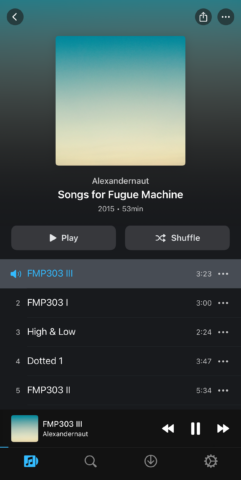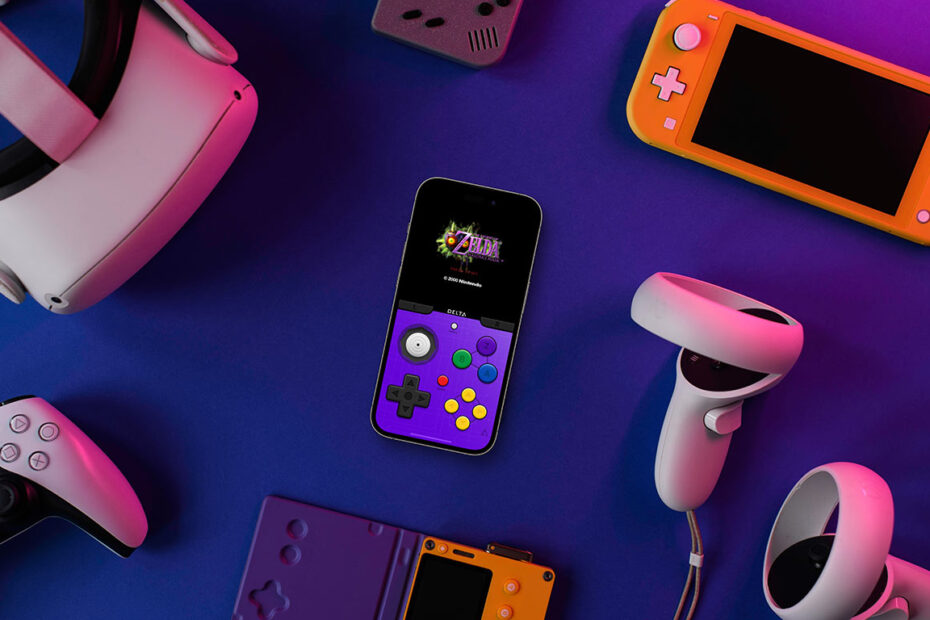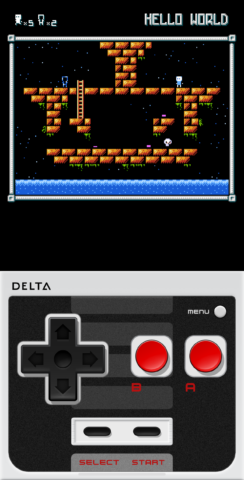iGBA arrived and disappeared in a flash. Here’s what its story and related App Store changes can tell us about Apple and the future of your iPhone
Since regulators started baring their teeth, Apple has made a raft of changes to App Store rules. Some apply only to EU users, such as being able to install third-party app stores. Others are worldwide, including one notable surprise: allowing game emulators on iPhone and iPad. (Here’s how to set one up.)
This might seem a niche change, but it matters. In the past, emulators had to preload every game they could run, which made them severely limited. Now, they can function like their counterparts on other devices (PCs; Macs; Android phones), allowing you to load external files. For classic video game fans, this is a boon. Emulators allow you to explore old hardware and software when you’ve not got the real thing to hand, and have been instrumental in preserving decades of gaming history that would otherwise have been lost.
But even if you’ve no interest in running ancient video games on your iPhone, Apple’s changes are important – as are the first emulators to appear. And that’s because they together provide insight into implications regarding the App Store, Apple’s wider thinking about the current state of play, and future strategies the company and its competitors could adopt.
Let’s find out why.
Regulation is working
Correlation is not causation, but it feels more than coincidental that Apple chose now to rethink its rules on game emulators. The EU and other territories are clamping down on Apple’s decisions regarding what is and isn’t allowed on the App Store. That’s opened the door to third-party app stores – albeit only in the EU (for now).
The app store grabbing the most headlines is AltStore, spearheaded by superb Nintendo game emulator Delta. It’s possible Apple believes allowing emulators on its own store will take the wind out of AltStore’s sails and simultaneously remove a reason for users to head beyond the App Store.
Changes could make the App Store richer
Apple’s new guidelines continue a broader trend: the App Store slowly becoming more open. Apps once stored documents within the apps themselves, but iOS and iPadOS have for years now had a proper file system. Months ago, Apple finally allowed game streaming. And now there’s emulation.
So what’s next? Perhaps Apple will cede more control to retain users who might otherwise be tempted by third-party stores. Could we see Apple respond to subscription service Setapp with an ‘Apple Arcade but for apps’ offering? Or maybe Apple will allow powerful utilities – such as clipboard and window managers – that more deeply integrate with iOS and iPadOS.

Apple never had a problem with music players opening external files, but game emulators were somehow different.
All media is being treated fairly
Previously, Apple stymied game streaming services, by demanding each game be a standalone app it could approve. It never asked the same of Netflix with movies. And whereas Apple worried about rights infringement with emulators – even though emulators themselves are legal – it never blocked music and video players that let you load your own files.
The new emulator rules finally appear to bring harmony to the treatment of different media types, which can only be a good thing. But perhaps this could go further and lead to Apple rethinking other banned app categories where meaningful legal uses exist, such as torrent apps.
Arguments about third-party app stores are over
The first big emulator on the App Store wasn’t Delta – it was Game Boy emulator iGBA. It grabbed headlines worldwide. Sadly, it was also a knock-off of Delta’s predecessor, stuffed full of ads, and not submitted by the original creator – all things most outlets didn’t even mention. Apple removed it after a day, having initially approved it. We’ve since seen several other dreadful emulators, along with non-emulator apps being renamed in a bid to trick users into buying them.
This might cause you to raise an eyebrow on remembering Apple’s argument against third-party app stores – that only Apple’s own could be a guarantee of safety and high quality. But ongoing issues with a clearly overstretched Apple app review team may benefit third-party stores, because to stay approved and popular, they’ll need to carefully vet apps, and offer quality and a distinct niche rather than volume.
App Store rules remain opaque
When iGBA was removed, Apple cited “spam” and “copyright” reasons, which led to speculation that emulators allowing you to load your own games were still banned. Apple later clarified this wasn’t the case – if they emulated “retro console games”. But what is ‘retro’? Is that about blocking emulators of commercially viable systems, or does Apple have a set time period in mind? And is ‘console’ shorthand for ‘old game system’ or more literal, meaning Apple would block emulators for arcade systems and also old computers that weren’t primarily geared toward gaming?
We just don’t know, and Apple in the past has glibly said “we know it when we see it” regarding unacceptable App Store submissions. Not great for developers, but we can make predictions. Notably, Apple has historically blocked virtual implementations of its own hardware, and so a big test of the new rules would be a developer submitting an Apple II or Mac Plus emulator. And don’t expect an iPhone emulator for classic iPhone games on the App Store any time soon – or perhaps ever. For that, you’ll still – ironically – need an Android device.



